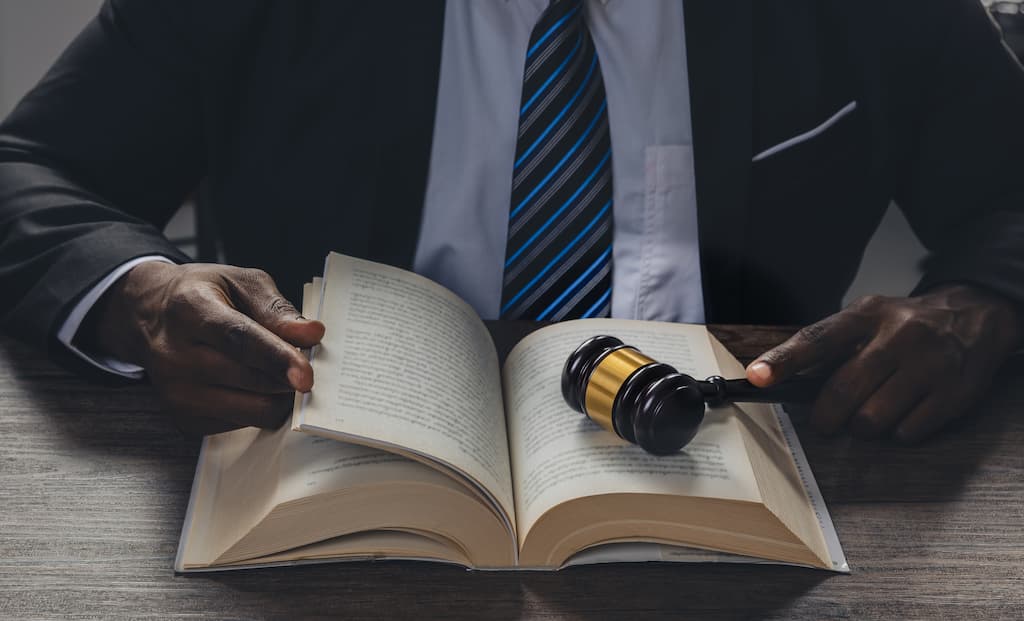Infrigement, customs, competition: the levers you need to know to protect your creations
Intellectual property (IP) refers to the set of rights that protect intangible creations such as inventions, trademarks, designs or literary and artistic works. But owning a right isn't enough: you also need to be able to enforce it.
In a world where copying, misappropriation and misuse are commonplace, it is crucial for rights holders to know how to react and what legal tools to mobilize. This article guides you, in a simple but rigorous way, through the various possible means of action to defend your IP rights.
Taking action against infrigement: the main intellectual property dispute
What is infrigement ?
The Infrigement is the unauthorized reproduction, imitation or use of an intellectual property right. This includes trademarks, patents, designs, copyrights and other titles such as geographical indications. It constitutes a serious infringement of the rights of the author or owner, and may result in civil or even criminal penalties.
Possible actions
There are two main ways to take action against infrigement :
- Civil action: to stop infringement and obtain damages.
- Penal action: to punish the infringer, with penalties of up to 3 years' imprisonment and a fine of 300,000 euros (or even more in the event of a repeat offence or aggravating circumstances).
In both cases, proof of infrigement must be provided. This can be done by bailiff's report, expert opinion, witness testimony, or seizure of infringing goods, a highly effective specific procedure for rapidly gathering evidence from the presumed infringer.
Mobilizing customs: a first line of defense
Customs detention : action at the border
Customs services play an essential role in the fight against infrigement. They can intercept suspect goods at border crossings thanks to a mechanism known as customs detention.
The holder of a right can file an application for action with customs. Once this request has been registered, customs officers can block the allegedly infringing products and alert the holder, who then has a period of time (usually 10 days) in which to take legal action.
A strategic tool
This system is invaluable for companies importing or exporting, particularly via e-commerce platforms. It enables :
- React quickly to the entry of infringing products.
- To avoid massive spread throughout the country.
- Identify the networks and supply chains involved in infrigement.
It is therefore a preventive lever to be integrated into any brand or patent protection strategy.
Unfair competition and intellectual property : two complementary weapons
When infrigement isn't enough
Not all unlawful behavior is infrigement. For example, if a competitor discloses confidential know-how without infringing a patent, it can be sued for unfair competition.
This action is based on civil law (article 1240 of the French Civil Code) and can be used to punish behaviors such as :
- Le Parasitism (taking advantage of the reputation of a brand or invention without authorization).
- Confusion (imitating the appearance of a product to deceive the consumer).
- Denigrating or disorganizing a competitor.
Can be combined with infringement action
It is sometimes possible to bring both actions at the same time, provided that they relate to distinct facts or different parties. For example, the owner of a patent may bring an action for infringement, while an injured distributor may bring an action for unfair competition for the same facts.
Alternatives to litigation: out-of-court settlements
Mediation and arbitration
Before going to court, it's often a good idea to try an out-of-court settlement. Mediation enables the parties, with the help of a neutral third party, to reach an agreement without going to court. It can concern the scope of a right, the use of a patent, the amount of a license, etc.
Arbitration is another possible route, faster and more confidential, but it is incompatible with certain disputes, particularly those concerning the validity of an IP title.
Why opt for an amicable solution?
Less costly than a long, uncertain trial.
Helps preserve business relationships.
Can lead to coexistence agreements, widely used in trademark matters to avoid overlapping rights.
Essential strategies for successfully defending your intellectual property rights
Enforcing intellectual property rights requires a combination of different legal approaches : infrigement action , customs action, unfair competition. It's a strategic approach that often requires the support of a legal professional.
But by knowing the broad outlines of these tools, every right holder can already better anticipate infringements, choose the right course of action and preserve the value of their creations.
